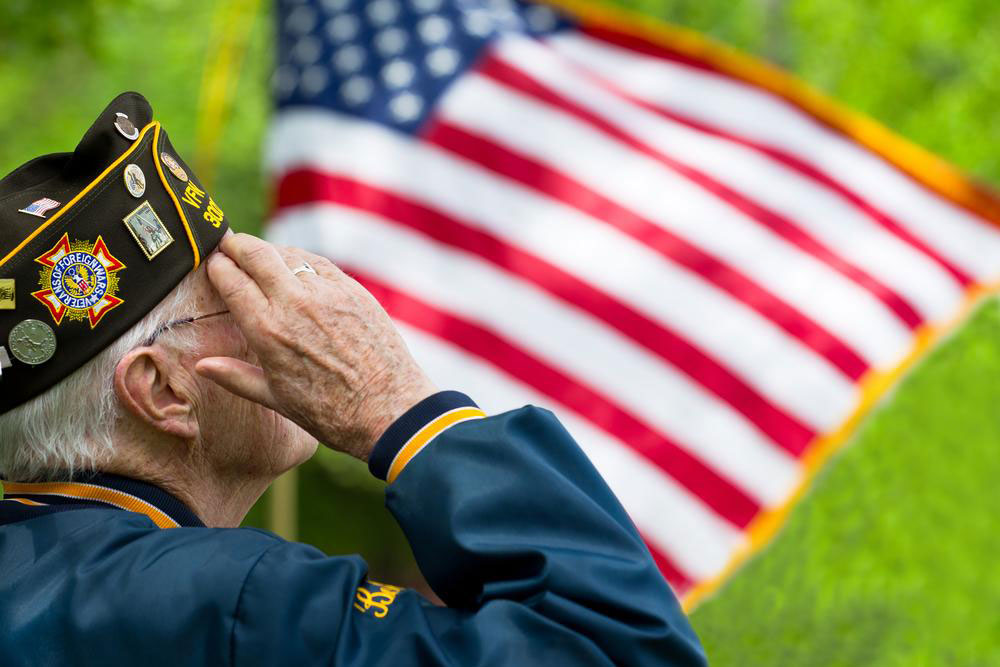Essential Insights About Military Veterans
This article offers essential information about military veterans, including their classification, eligibility criteria, and benefits. It covers how veteran status is determined, the types of veterans, and the special advantages available such as healthcare, education, and housing. Additionally, it highlights the significance of Veterans Day and the ongoing support programs for those who served. Whether for veterans or interested civilians, this comprehensive overview sheds light on the vital contributions of military personnel and the support systems in place to honor them.

Essential Insights About Military Veterans
A veteran is someone who has served actively in the military, air force, navy, or space forces and was honorably discharged. Active service generally refers to full-time duty in armed forces and related organizations. This article highlights key facts about military veterans, including their eligibility, classifications, and the benefits available to them.
How is veteran status determined?
The Veterans Affairs (VA) reviews service records to verify if an individual qualifies as a veteran.
Factors such as length of active duty, timing, nature of service, and discharge type are evaluated. Generally, active military, air, or naval service qualifies an individual as a veteran under government criteria.
Veterans are classified into main groups:
Combat veterans: Those who served in hostile environments, including soldiers, medics, and support staff working near or in combat zones.
Peace-time veterans: Individuals who served during periods without active conflict, including the interwar years.
War veterans: Personnel involved in overseas operations, whether in support or direct combat roles.
Why is Veterans Day observed?
Observed every year on November 11, Veterans Day honors those who have served, both living and deceased. Unlike Memorial Day, which commemorates fallen soldiers, Veterans Day pays tribute to all veterans. Originally called Armistice Day, it was renamed in 1954 to recognize all military service members. Many countries celebrate similar occasions to honor their armed forces.
What benefits do veterans receive?
Veterans and their families are eligible for various federal benefits, including:
Educational assistance: Post-9/11 GI Bill offers tuition relief and benefits, primarily for those active after September 10, 2001.
Healthcare: The VA provides extensive medical services, including disease prevention, mental health, and primary care. Discounts are also available at many hospitals.
Housing and loans: Special loan programs help veterans purchase homes and access financial support for everyday needs.
Disability compensation: Veterans injured during service can receive tax-free monthly payments to support their needs.
Crisis support: Veterans in distress can contact confidential hotlines staffed by trained responders, including fellow veterans.
Employment and training: Various initiatives assist veterans in transitioning to civilian careers, offering job placement and skill development opportunities.
As of 2019, nearly 13,000 veterans in our country served during WW II, Korea, and Vietnam. In 2017, about 1.9 million female veterans were recorded. If you know a veteran, reach out to the VA to learn about available benefits and programs to support their service.








